17th Century Insurance Claims, Thinking Plants, and a Very Sad Beetle- The Pile June 2023
Alternative Title: Spider-man is a police collaborator.
[The Pile is a curated list of… everything and anything. Part review, part personal essay, this is my attempt at helping navigate the torrent of media available to us. An algorithm suggests things to make you angry. A friend suggests things to bring you joy. Read what you want, and leave the rest. You have enough on your own pile. Subscribe for monthly releases]
I was given a baby by the hospital, and have thus agreed for the next two decades of my life to be in transition.
I have never been happier, please look at this:
*Note, this is not a photo of the baby I myself purchased from the baby store. Please, lock your Facebook accounts people. Or like, don’t post pics of kids.
Table of Contents
My 9 Favourite Things (List)
Monthly Musings (Essay)
*Remember, your local library often has free access to newspapers (like the New York Times), movies, magazines, audiobooks, eBooks, music, video games, and more. Plus, they LOVE it if you make a request for something they don’t have. Support libraries.
Having fun isn’t hard when you’ve got a library card.
My 9 Favourite Things This Month
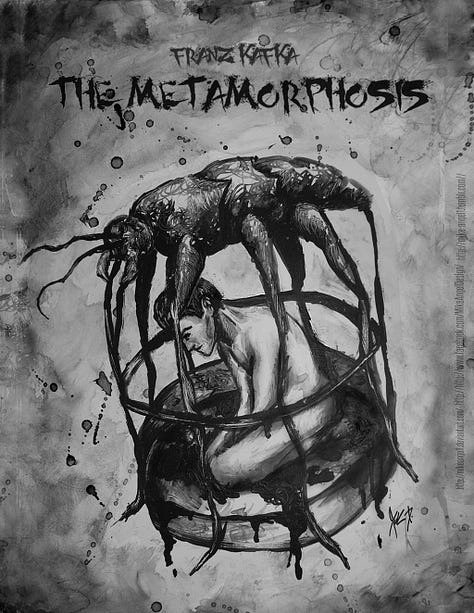

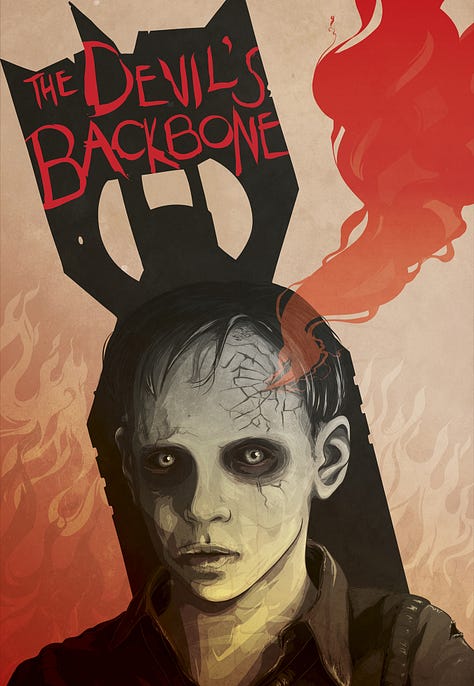

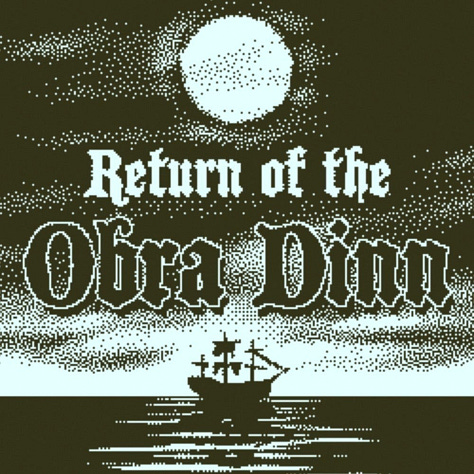


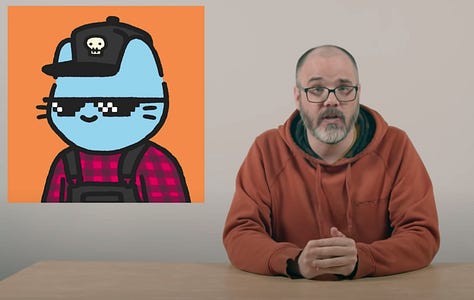
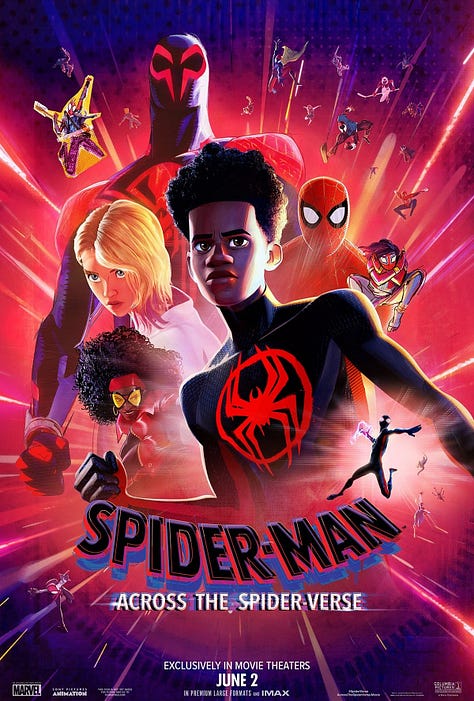
Spider-Man Across the Spider-Verse (Movie): Plot, art, and heart firing on all cylinders, a MUST watch. Spectacular.
‘That’s my tank on fire’ (Article): An insightful look at how soldiers being able to stream their last moments into social media profoundly changes the way we speak about war. Heartbreaking.
The Vegetarian (Novella): A painful meditation on choice, mental health, sex, and wanting to fade away. Captivating.
Return of the Obra Dinn (Video Game): An incredible, masterful piece of game design, unique and wonderful. Incredible.
The Metamorphosis (Novella): Funny, poignant, and dripping with subtext, this is one of the greatest stories of western literature. Fantastic.
The Legend of Zelda Tears of the Kingdom (Video Game): Yes, of course I too loved it. Masterful.
What Plants Are Saying About Us (Article): Sincerely changed my perspective on what a mind is. Eye-opening.
The Devils Backbone (Movie): A dreamy wander though metaphor, war, trauma, and (oh my!) a ghost. Absorbing.
Debunking the Tech Hype Cycle with Dan Olson (YouTube): Oh hey, it’s Dan Olson. Instant click. Brilliant.
YouTube Creator of the Month
Adam Neely
Genre: Music Essayist, breaking down music writing, creation, legality, and so much more.
Self Description: Video essays, lessons and vlogs on new horizons in music and music theory. NYC-based bass player and composer Adam Neely brings you a new video every Monday exploring what music means, and what it means to be a musician.
YouTube Channel: https://www.youtube.com/@AdamNeely
Adam Neely creates a really interesting combination of music analysis, history, politics, and pop culture in his deeply insightful and interesting video essays. He mixes both a layman approach with his clear professional knowledge to create engaging and fascinating videos with a wide breadth of content.
Sometimes silly, sometimes serious, this is a channel full of surprise, debate, and fun.
Take a gander, I’m certain you’ll find something on his channel that will interest you.
A Pile of Stuff - April 2023
Books
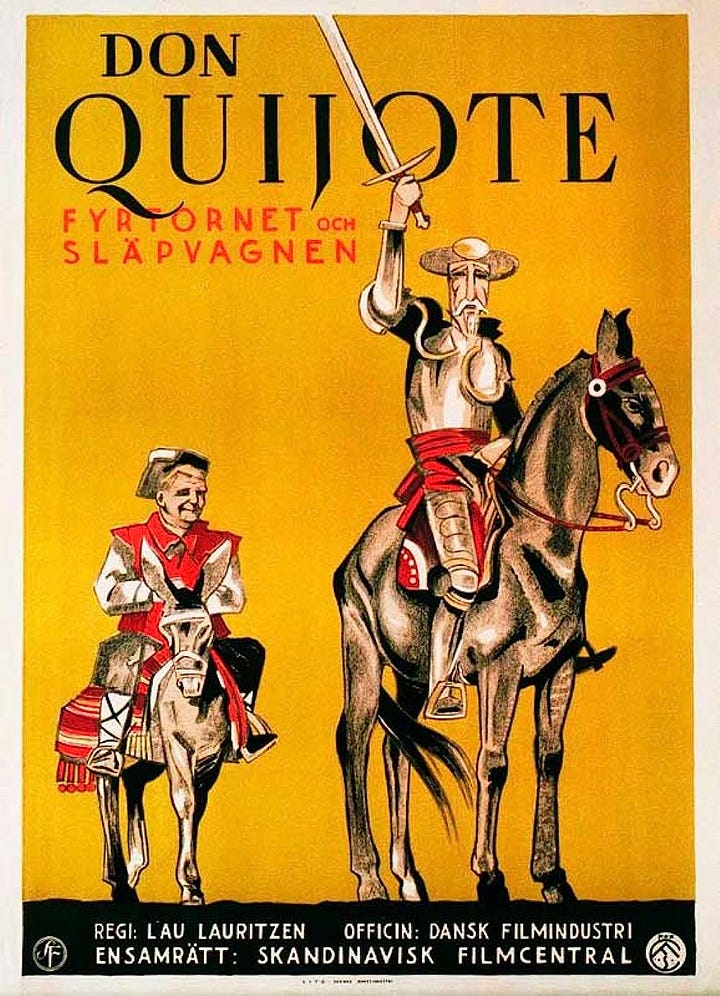
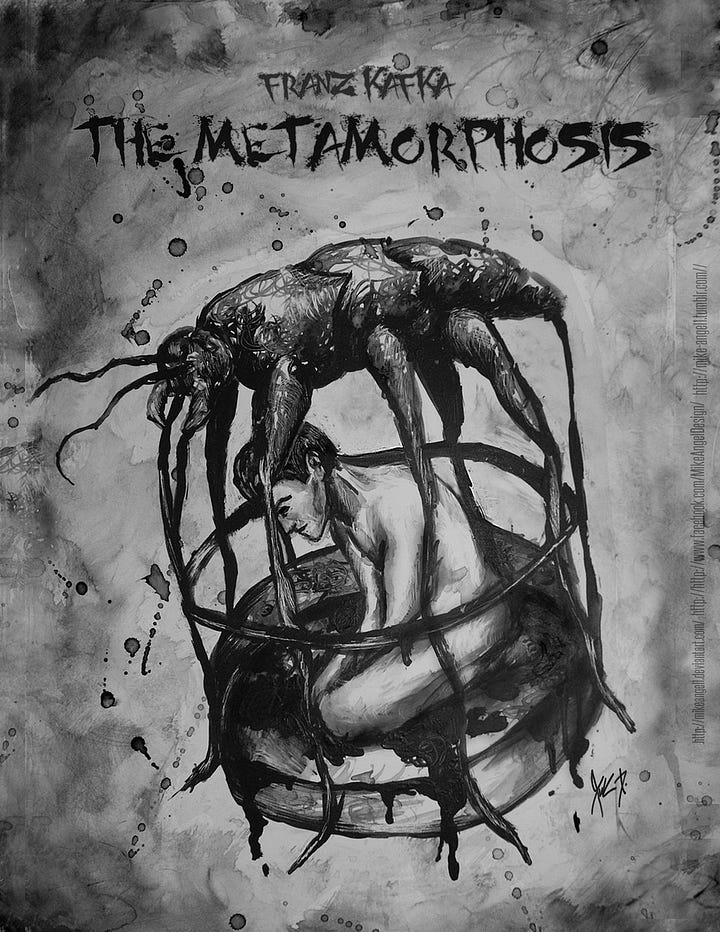

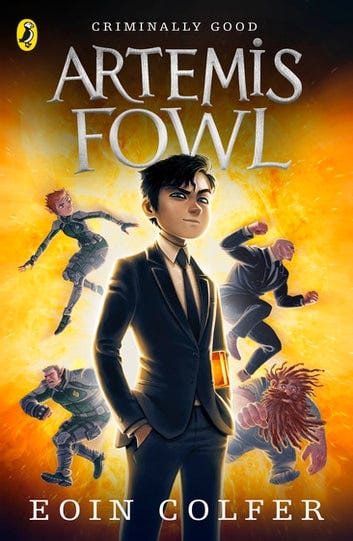
The Vegetarian
Genre: psychological fiction, meditation | Released: 2007 | Author: Han Kang | Language: Korean | Content: Frank sexual content, graphic scenes of violence, animal cruelty, mental health | Parenting Guide: This is a mature book, and would be difficult to both read and understand for teens. Do some research first | Length: A brisk 188 pages | What Version Did You Read: The 2015 English translation by Deborah Smith | Do I Need To Read Anything First: No, although some understanding of Korean cultural norms regarding gender would be helpful.
Is It Good: This book made me sick. I think I loved it.
Back of the Box: WARNING: THIS BOOK IS NOT A BOOK ABOUT BEING A VEGETARIAN
My local library has user reviews on their website, and The Vegetarian has a fascinating blend of 0/10 and 10/10. Honestly, I read enough reviews from white old grandma’s saying this book is disgusting to peak my interest, plus a recommendation by a friend pushed me over the edge. This is a really interesting book, about a Korean woman who decides to stop eating meat, and how small choices can unravel massive social structures. This is a book about sex, mental health, depression, misogyny, and the fact the character stops eating meat almost does not matter. It’s not about eating meat, it’s about trying to… float away.
This is a very, very hard book to read. It made me feel sick, it’s been a while since I’ve felt the need to put a book down in distress. But I found it beautiful, thought provoking, and very much worth reading.
Artemis Fowl
Genre: YA fantasy (with unique twists) | Released: 2001 | Author: Eoin Colfer | Language: English | Content: Pro police, violence (on a level that surprised me), mild drug use | Parenting Guide: Teens and up | Length: 304 pages, about 6 hours audio book | What Version Did You Read: Audio Book read by Nathaniel Parker, which was fun | Do I Need To Read Anything First: No, this is the first.
Is It Good: Yeah...
Back of the Box: If you want to read a book about leprechaun SWAT teams this is the book for you.
This was NOT what I expected at all. But I grew to like it, and found it had a fascinating structure especially for a kids book. I HATED the main character Artimis at first, as the idea of rooting for a sociopath trying make his already rich family even richer was a bit tough for me to get into. I went in expecting a standard linear story and was unprepared for the complexity of the plot that was presented. Don’t get me wrong, it’s not very complicated, but I was expecting more Y/A as opposed to The Wire meets Moriarty in magic land.
But once I checked my expectations, I grew to enjoy it a lot. It was very silly, I found the violence and police copaganda vibe a bit odd, but I am very glad I read it.
Don Quixote
Genre: Satire, Comedy | Released: 1605 | Author: Miguel de Cervantes | Language: Spanish | Content: Mild violence, sexual content | Parenting Guide: I’d say 14 and up due to some language and sexual innuendo | Length: 940 long pages, about 40 hours | What Version Did You Read: The Audio book narrated by George Guidall, translated into English by Edith Grossman. I highly recommend this version, even over reading it yourself | Do I Need To Read Anything First: No.
Is it Good: Yeah, I liked parts of it A LOT. But it’s very, very looooooooooonnnnnnggggg (in a poorly paced way).
Back of the Box: The meta novel before the modern novel.
Don Quixote is very, very funny. I actually laughed several times, which surprised me as this book is (checks notes) 400+ years old. It is a landmark book, a cultural touchstone, and worth a read.
However, it’s also like a Saturday Night Live skit that goes on for far too long. The concept of a old man who thinks his a real night bumbling around the world is great, but that joke simply can not be carried for the length of the 40 hours I listened too. I wish I had known Don Quixote is actually two books, with part one published in 1605 and part two in 1615 (but now commonly published as a single book). I think I would have enjoyed this a lot more if I had taken a break between part one a two, as reading it back-to-back was too much.
That being said, I really enjoyed this book, and I am really glad to finally have an understanding of the more famous scenes that have carried into popular culture for centuries.
TLDR: Holds up, too long.
The Metamorphosis
Genre: Absurdist, existential fiction | Released: 1915 | Author: Franz Kafka | Language: German | Content: Mental Health, dehumanization, and death | Parenting Guide: 16 and up | Length: A very short 64 pages, about 2 hours | What Version Did You Read: An audio book translated into English (I could not find by who) read by Ralph Cosham | Do I Need To Read Anything First: Nope!
Is it Good: It’s excellent
Back of the Box: Depression: A novella
“As Gregor Samsa awoke one morning from uneasy dreams he found himself transformed in his bed into a gigantic insect” Is probably one of the most famous lines in western literature, and is such a unique and interesting set up it’s almost impossible to stop reading.
This is a short novel about, well, a man who has suddenly turned into a beetle. It’s a dark pithy satire and and just a real banger of a story. The Metamorphosis has been endlessly analysed, and I understand why this story has captured so many imaginations and thoughts. I can’t wait to read it again, and I give it an incredibly high recommendation. You’ll love it.
Movies
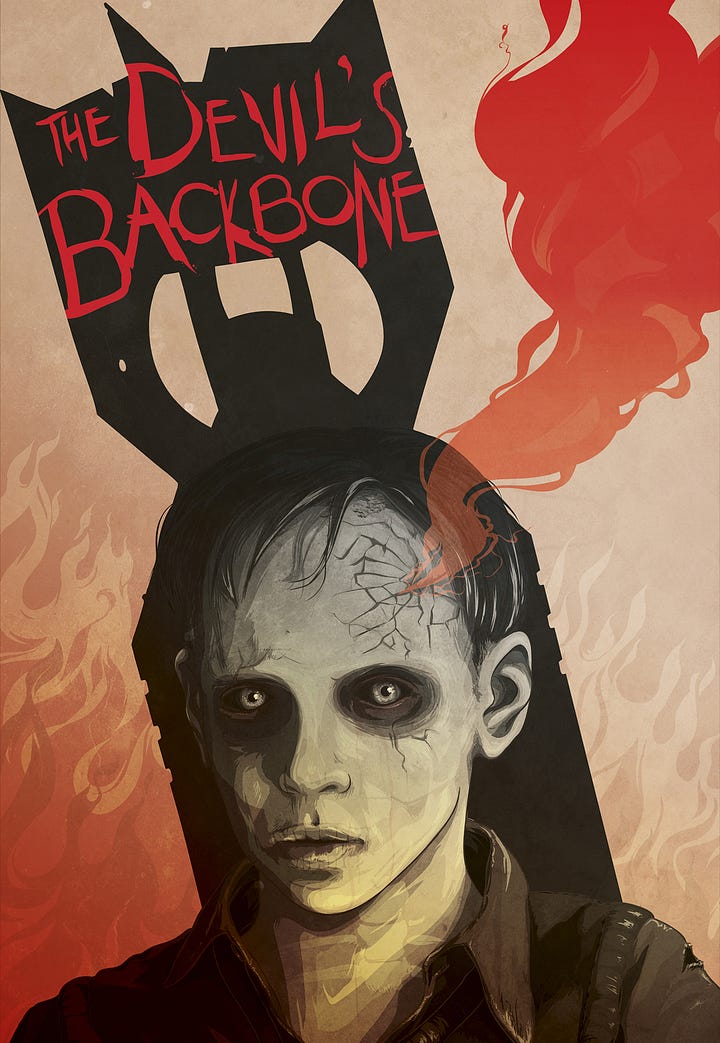
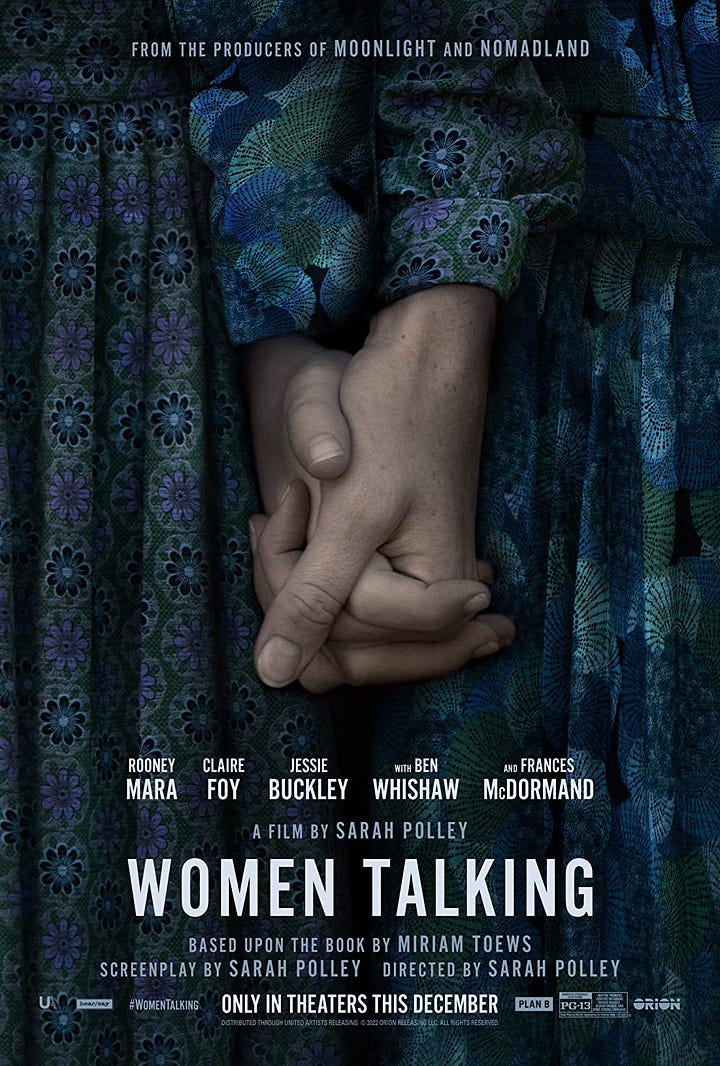
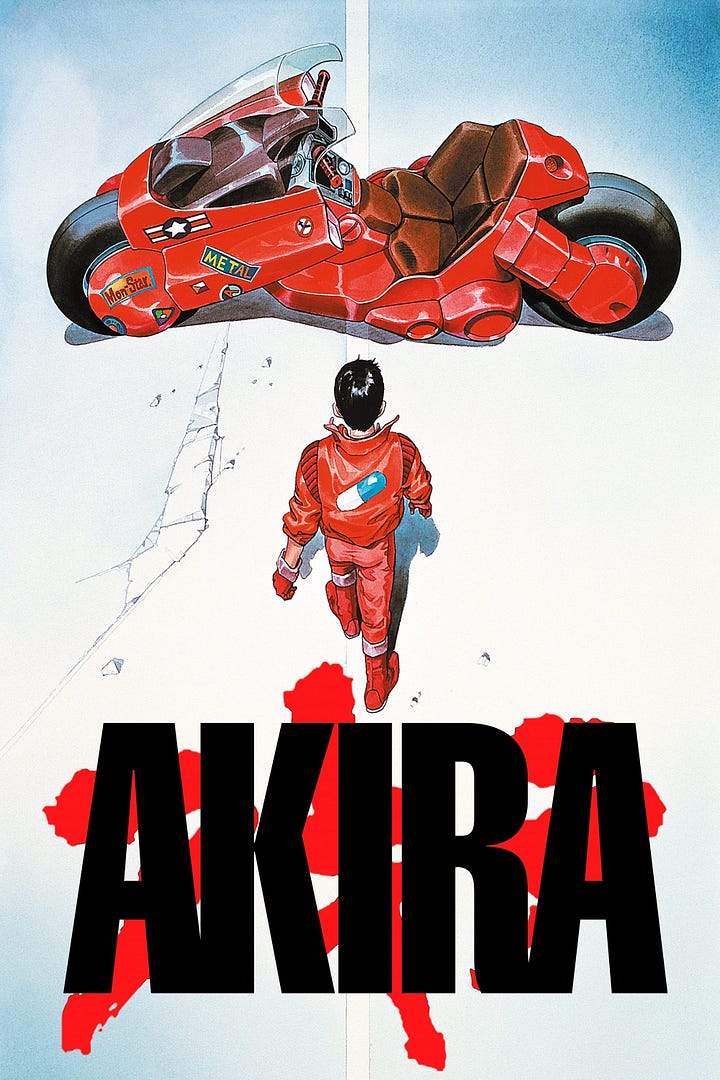
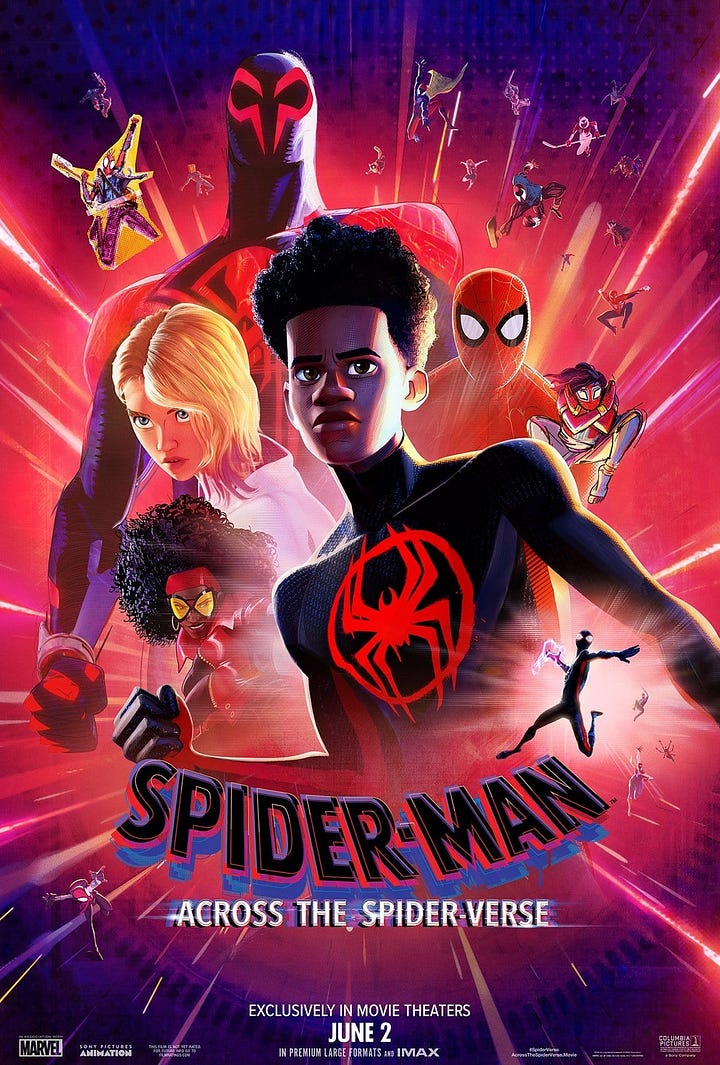
El espinazo del diablo (The Devil’s Backbone)
Genre: Gothic horror/Spanish magical realism | Language: Spanish | Released: April 2001 | Length: 108 (which is perfect) | Director: Guillermo del Toro | Which Version Did You See: I watched the remastered English subtitled version on American Amazon Prime | Rating: R, and I agree | Content: Scenes of violence, blood, gore, sexual content, nudity, and strong language. It also deals with themes of war, death, betrayal, and revenge | Parenting Guide: I would recommend caution for OLDER teens only, due to the subject matter and more disturbing aspects. | Do I Need to Watch Anything First: No, this is a stand-alone film, however, I would recommend having some basic knowledge of the Spanish Civil war, here is a great refresher if you need one.
Is It Good: Yes, it’s very good. I have enjoyed chewing on it for the last few weeks.
Back of the Box: Do you think the movie set in the boy’s orphanage will be creepy?
I am a sucker for magical realism, and yet somehow have very little knowledge of Spanish films and books (something I am trying to rectify). And hooo boy did I like this film, a classic example of a film using magic in the real world to explore identity, culture, and politics. Firstly, the film is more unsettling than scary, and more beautiful than grotesque (although it is grotesque too…. But in a beautiful way).
Go in blind, don’t see it alone, and have fun discussing what the whole thing means in the end. Oh, and secondly remind me to watch more films from this Del Toro guy, I have a feeling he’s going places.
Spiderman Across the Spider-verse
Genre: Pure Movie Magic | Language: English | Released: June 2023 | Length: 2 hours and 20 minutes (it’s a bit too long, but in the most nitpick of ways) | Directors: Peter Ramsey, Bob Persichetti, Rodney Rothman | Which Version Did You See: In theaters, which is the version you should see too if you can | Rating: PG (and I agree) | Content: Mild violence, some frightening scenes | Parenting Guide: Your kids will love this almost as much as you do | Do I Need to Watch Anything First: YES, you MUST watch the first film, Spiderman Into The Spider-Verse. Which is just as good, and also something you need to watch anyway.
Is It Good: It’s astoundingly good. An absolute must watch, a masterpiece.
Back of the Box: Every frame a painting, every moment movie magic.
This movie is for you. If you think it’s not for you because it’s animated, grow up. If you don’t like super hero movies, don’t worry: this is a fantastic movie. Full stop. No comic knowledge needed. It is everything you could possibly want from a movie, and more.
Go see it. It’s so so so so so so good. The animation is UNREAL, the story is captivating, clever, well paced, the action is incredible, the dialogue is sharp, and the characters are instantly iconic. And the music, my god the music.
Go see it.
Women Talking
Genre: Drama, people talking in a room, like a good Star Trek episode without all the space stuff. Oh, and a lot of talk about rape. | Language: English | Released: December 2022 | Length: 104 minutes, which ALMOST feels too short, but I deeply respect the restraint shown | Director: The incredible Sarah Polly | Which Version Did You See: The one on Amazon Prime | Rating: PG-13, and I profoundly disagree. This is a graphic film about sexual violence and is for adults and emotionally intelligent older teens. This is the classic “women having orgasm gets and R rating but woman bleeding from the vagina after graphic rape is PG” failure of our rating system | Content: Deals with the issue of sexual violence in a religious community, and contains scenes of rape aftermath, emotional distress, and strong language | Parenting Guide: Not suitable for younger viewers for sensitive and mature themes, co-watch with older teens. | Do I Need to Watch Anything First: No.
Is It Good: It is, but I wanted more.
Back of the Box: A thought experiment, an imagination. But not a dream, we have no need for more nightmares.
Do nothing. Stay and fight. Leave.
These are three tree options a group of women decide after the discovery the men in their Mennonite colony have been drugging and violently raping the women. The film opens with the text “This is an act of female imagination”. The entire film is a thought experiment, characters are both people and walking philosophical constructs, the film is not to be viewed as a literal representation of an event, but a space where the often muted are given time. Time to think. Time to breathe. Time to process. Time to talk.
It is a meditation on sexual violence, power, and both frank and opaque in its depictions. This is not a film that explores the nuance of what consent is, nor is it interested in exploring the why of these actions. It is singularly focused on how we survive such events, and in this aspect the film is unmatched.
Akira
Genre: Brooding Sci-fi Anime | Language: Japanese | Released: July 1988 | Length: a pondering 124 minutes | Director: Katsuhiro Otomo | Which Version Did You See: The recent 4k HDR remaster with English subtitles, which was really great | Rating: R, a very hard R | Content: Copious gore, blood, death, nudity, substance use | Parenting Guide: Uh, it’s not for kids | Do I Need to Watch Anything First: Technically no. But I would recommend doing some research on what was going on in Japan during the 1980, and some rudimentary knowledge of Japanese Imperialism (like the Mukden Incident). This is a film made for Japanese people, and lacking cultural awareness will make the film harder to engage with.
Is It Good: Akira is one of the most influential films ever made. But like 2001: A Space Odyssey or Blade Runner it’s not for everyone. I grew to love it, but needed to see it more than once.
Back of the Box: Uh... What?
Akira is a landmark film and THE gold for hand drawn Japanese animation, with thousands of windows, cascading water, plumes of smoke, and beams of light all painstakingly drawn by hand at 24 frames a second.
It also asks a lot of the viewer, does not hold your hand, and speaks to the anxieties and questions the 1980’s begged of the Japanese. As such, without a bit of cultural and historical understanding, someone from North America may find a lot of the messaging and plot fly over their head. I love this movie, but it needs to be engaged with on its on terms.
Theatre
Jagged Little Pill
Genre: Punk Rock Musical | What Version Did You See: A live performance of the traveling Broadway show | Parenting Guide: Adult theming, drug use, rape, mental health
Is It Good: No. No, no, no.
Back of the Box: “Some shows you see, this one you feel”. Barf.
I really did not like Jagged Little Pill. I thought it was empty, vapid, and atrociously written. It was like a board room collected every single ‘hot topic’ issue in a google search and jammed them into the story, but also scientifically calibrated the script to say NOTHING. This is a story about a black adopted bi-sexual daughter living with her white pain killer addict perfectionist controlling mom who is struggling with her workaholic husband who is addicted to porn while having difficulty with intimacy because she was raped as a teenager which all comes to a head while her elite son who has just been accepted into Harvard and is struggling with the expectations placed upon him but also his best friend raped a girl at a party and the son saw it and said nothing so the daughter is going to make a protest but there is a problem because she sorta cheated on her kinda girlfriend with a boy who is really struggling because his sister has a g-tube and is really sick and I don’t really want to write the summary anymore because it makes me angry.
There is an incredibly interesting story here, but we have no time to actually discuss anything because we have to whip over to the next political plot point. The music is fun, the play is technically very sound, but this is absolute garbage story telling. I wish they picked one or two points to explore, instead of saying nothing with everything.
Video Games
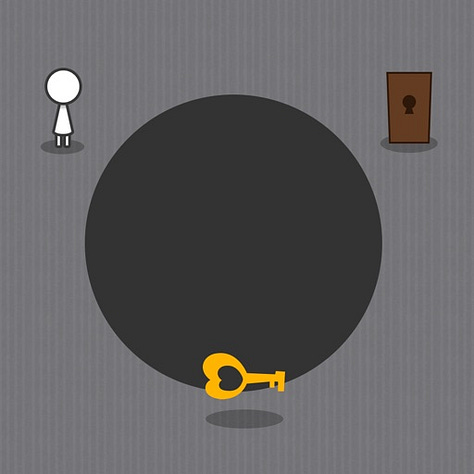

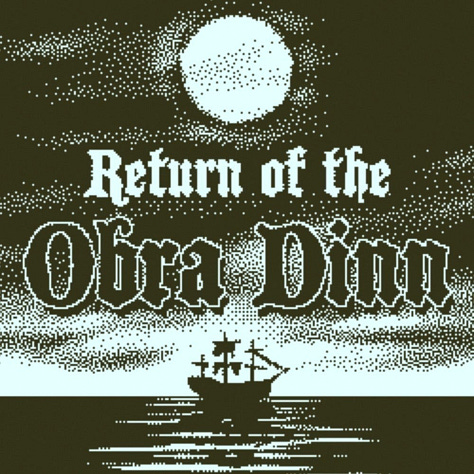
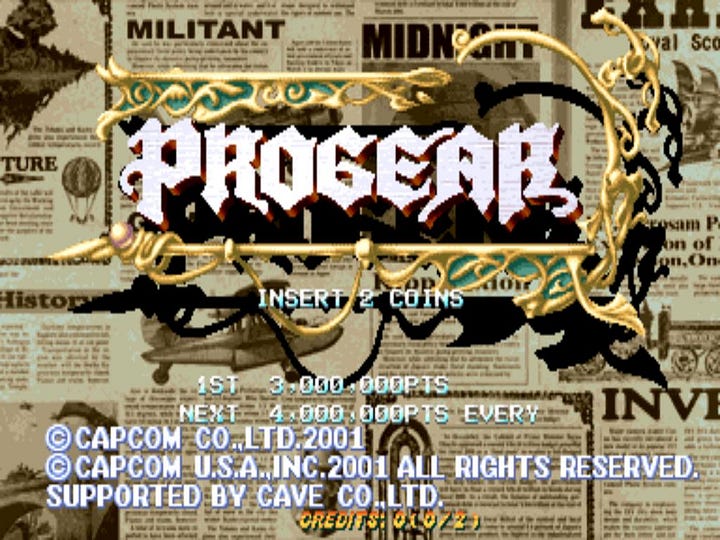
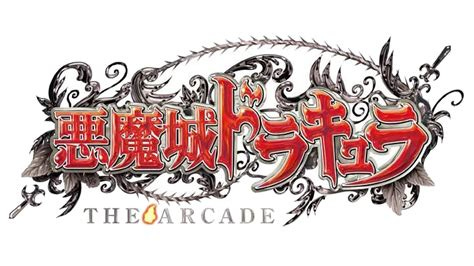
It’s A(door)able
Genre: Funny, Sweet, Indie Game Released: 2023 | Platform: Web (not very mobile friendly) | Developer: Nicky Case (ncasenmare) | Publisher: indie | Language: English | Length: ONE MINUTE | Difficulty: Zero | Do I Need To Play Anything First: No | Accessibility Options: None | Monetization: FREE | Microtransaction: FREE | Gambling Elements: None | Content Warning: Warm fuzzy feelings | Parenting Guide: For anyone | How Did You Play It: On my web browser| Did you need a guide: No | Mods: None
Is It Good: It’s charming and lovely.
Back of the Box: a one-minute minigame. What do you have to lose?
Play it here: it's a(door)able (ncase.me)
This game is one-minute long. I thought it was super charming and sent it to all my friends. You should try it. Click the link.
The Legend of Zelda: Tears of the Kingdom
Genre: Action Adventure + Minecraft 2.0 | Released: June 2023 | Platform: Nintendo Switch | Developer: Nintendo EDP | Publisher: Nintendo | Language: English | Length: 30-200+ hours (I played for 120 before hitting credits) | Difficulty: Moderate | Do I Need To Play Anything First: No, but I would suggest playing Breath of the Wild first | Accessibility Options: Poor when compared to Microsoft and Sony, basic functionality only. Very disappointing for 2023 | Monetization: Single Purchase | Microtransaction: None | Gambling Elements: None | Content Warning: Fantasy violence, mild frightening scenes. | Parenting Guide: Rated E10+ and I agree. Some puzzles may be challenging for younger players | How Did You Play It: On my Switch | Did you need a guide: I looked up some recipes, but never got stuck | Mods: None
Is It Good: It’s just so much fun, I LOVED playing this game. Easily one of my favourites. Masterclass.
Back of the Box: The best $90 expansion I’ve ever played.
I have two thoughts for Tears of the Kingdom.
1. This is some of the most fun I’ve ever had in a game. I devoured this game, it’s one of the best games ever. Full stop. The freedom it offers, the creativity it allows, and the brilliance the team at Nintendo has pulled off is astounding. Don’t listen to anything else I say, if you have a passing interest you are going to love it.
2. I am a bit disappointed, and I feel some elements are greatly lacking. The combat is very ho hum, especially at end game where it becomes a chore of overlong big health bars. The story is somehow… worse then the first, and I am really surprised at how repetitive and dull the main quest is. The last temple and final boss area are… really bad. Like, shockingly poor. The menu navigation during combat is cumbersome, and the quests are often really dull with poor rewards.
I hope Nintendo decides to do one more final game in this style. Make more linear unique dungeons, write a story that is more engaging, improve the quest system, and beef up the combat. I am salivating at the thought.
Return of the Obra Din
Genre: Puzzle, narrative mystery, unlike anything else | Released: October 2018 | Platform: Windows, Mac, Linux, PS4, Xbox One, Nintendo Switch | Developer: Lucas Pope | Publisher: 3909 LLC | Language: English | Length: 8-12 hours | Difficulty: Moderate to Hard | Do I Need To Play Anything First: Nope | Accessibility Options: None | Monetization: Singe Purchase | Microtransaction: None | Gambling Elements: None | Content Warning: Violence, Death, Gore, disturbing imagery and themes | Parenting Guide: I’d say 16 and up | How Did You Play It: On my Xbox | Did you need a guide: Do not use a guide, you are running the entire purpose of the game. However, I did not clarification on some of the labels as to whether something was considered a beast or not. | Mods: None
Is It Good: Fantastic. It is essentially perfect, I have no notes.
Back of the Box: The only insurance investigator game you’ll ever like.
This is brilliant. Play it.
You play as an insurance investigator trying to discover what happened to the crew of the Obra Dinn, a 19th century ship that had been thought lost for years. You have one magical ability: with a mysterious pocket watch you can move back into time to observe the moment of death for anyone who was on board. Your job it to identify and record every crew members fate.
This is not an easy game, but with determination and observation you can figure out the fate of every crew member. Some may find this frustrating, but I really, REALLY liked this. This is an exceptionally well designed game, remarkably restrained, and polished to a mirror shine. I can not imagine how difficult creating a puzzle box like this would be.
10/10
Progear
Genre: Bullet hell shoot em up with children! | Released: 2001 | Platform: Arcade, Windows, Mac, Linux, PS4, Nintendo Switch, Xbox One (it’s part of the Capcom Arcade collection)| Developer: CAVE | Publisher: Capcom | Language: English | Length: 30-60 minutes | Difficulty: Hard to Very Hard | Do I Need To Play Anything First: Nope | Accessibility Options: Zilch | Monetization: Part of DLC for collections | Microtransaction: IF you are playing on a real machine (somehow) preparer to spend A LOT of quarters. Otherwise free play is the only way | Gambling Elements: None | Content Warning: Very mild cartoon violence | Parenting Guide: Look, this is a very very hard game, but it has lots of colours and flashing lights. Younger players may grow frustrated | How Did You Play It: Via MAME | Did you need a guide: No… But on my second playthrough I looked up a tutorial and learned a few mechanics that would have been nice to know | Mods: None
Is It Good: Yes
Back of the Box: Weeeeeeee! BANG BANG! BOOOOOM! Video Game are FUN!
Progear is wonderful animated, has a really bubbly artstyle (which is needed due to the child warfare angle, ‘cause otherwise the implications are horrific), and is HARD. I loved the sprite work, soundtrack, and overall had a great time. A lesser known Capcom classic, definingly worth a spin for those looking to try a bullet hell shooter for the first time.
There is a great push and pull mechanic the rewards careful planning, and enough context for an exciting romp. This video made me want to play it.
Castlevania: The Arcade
Genre: Arcade Light Whip (gun) action shooter | Released: 2009 | Platform: Arcade | Developer: Konami (boo) | Publisher: Konami (BOO!) | Language: English | Length: 30-45 minutes | Difficulty: Moderate to VERY HARD | Do I Need To Play Anything First: Nope | Accessibility Options: None | Monetization: Quarters, feed me quarters | Microtransaction: QUARTERS! | Gambling Elements: None | Content Warning: Violence, blood, horror themes | Parenting Guide: The game is 15 and up, but I found it pretty tame personally. | How Did You Play It: On my PC with a Wii remote | Did you need a guide: No | Mods: Several, Guide 1, Guide 2, and this discord group will help https://discord.gg/ufTAfzqZYS
Is It Good: It’s fine, has good moments
Back of the Box: One of the rarest Castlevania games is now playable in your home!
So... It’s fine. Using a light gun as a whip to attack ghouls and skeletons is fun, but I found the game really hard in a not fun way. The music is catchy, but I felt the game overstayed its welcome and was glad when it ended.
A fun novelty, but there are WAY better Castlevania games more worth your time.
Television

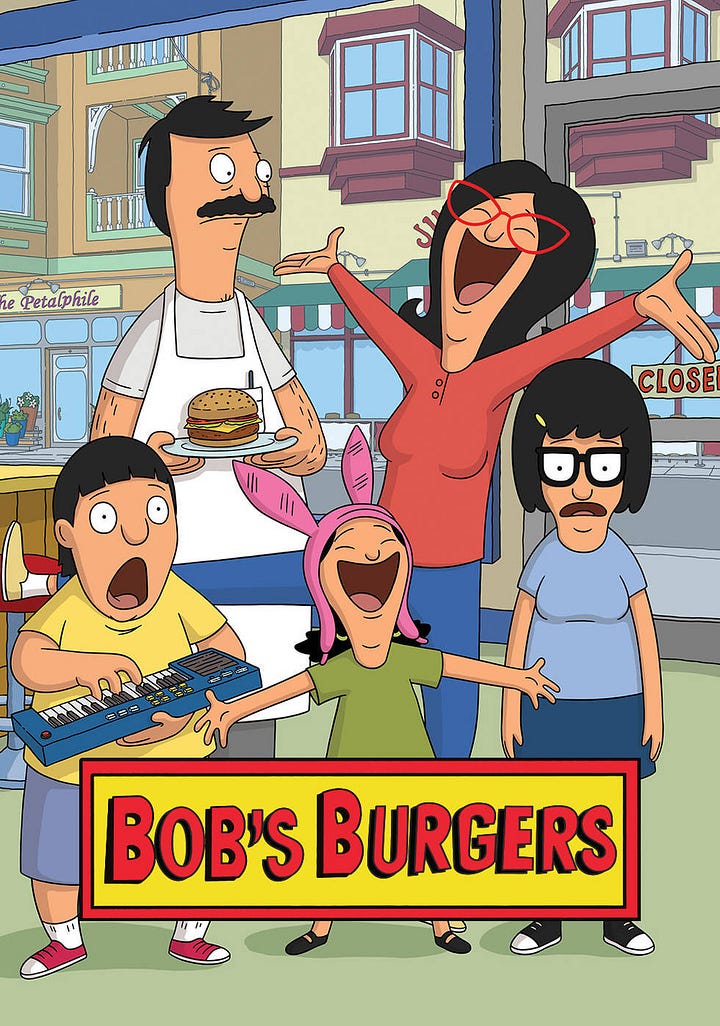
Bobs Burgers Season 13
Genre: Low Stakes Loving Animated Sitcom | Language: English | Released: September 2022 | Length: 22 episodes, each about 22 minutes long | Which Version Did You See: I saw it on Disney Plus | Rating: PG, and I agree | Content: mild, mild, mild violence and profanity| Parenting Guide: Older children and teens, it’s such a wonderful show | Do I Need to Watch Anything First: No, each is a stand alone episode, but a lot of joy comes form watching it from Season 1
Is It Good: As always, yes.
Back of the Box: This Gif
More Bob’s Burgers is always welcome. This is my favourite comfort show, I have a deep love for the Belcher family, and am just as surprised as you are they have made 13 seasons. But against all odds, it’s still wonderful, charming, and I want more.
The show is remarkably willing to play with its formula and story telling rules, and as such it always feels fresh and delicious.
Bob’s Burgers remains one of my top reconditions for people looking for a show to relax to and just enjoy themselves.
It's Always Sunny in Philadelphia Season 3
Genre: Bleak satire | Language: English | Released: September 2007 | Length: 15, 22 minute episodes | Which Version Did You See: Disney Plus | Rating: Adults only | Content: Just all of it, drugs, violence, sex, language, just everything | Parenting Guide: Older, mature teens with a co-watch | Do I Need to Watch Anything First: You do not strictly need to see it in order, but the show works a lot better when seen in order.
Is It Good: I did not like this season, and was tempted to stop.
Back of the Box: Yikes...
I liked... Half of an episode. This season felt much meaner than previous seasons, and I felt lacked the clever twists on expectations and instead lazily punched down. I was pretty disappointed.
Web Articles
Don’t have a sub to NYT or others? Check out your Local Library, often they have digital subscriptions available.
Don’t have time to read these now? Use this handy bookmarking tool and save to Pocket! (Seriously, Pocket is AMAZING)
The Platinum Photography Edition, by Matt Locke for Why is this Interesting?
What Plants Are Saying About Us, by Amanda Gefter for Nautilus
Global Tech Supply Chains are as Complex as a Circuit Board, by Brendan O’Connor for Inkstick
Podcasts Could Unleash a New Age of Enlightenment, by Henrik Karlsson for WIRED
Matchmaker, Matchmaker, Make Me a Match, by Hannah Jackson for The Cut
‘That’s my tank on fire’, by James Meek for London Review of Books
THE GENDER OF pronouns, by Ursula Le Guin for the afterword of the 1994 edition of The Left Hand of Darkness
The Pirate Radio Broadcaster Who Occupied Alcatraz and Terrified the FBI, by Jacob Pagano for Narratively
The Video Essay Boom, by Terry Nguyen for Vox
The future of education in a world of AI, by Ethan Molick for One Useful Thing
Octopus Time, by David Borkenhagen for AEON
The Hideous Resurrection of the Comstock Act, by Michelle Goldberg for The New York Times
The viral story of a girl and her goat explains how the meat industry indoctrinates children, by Gabriel Rosenberg and Jan Dutkiewicz for Vox
When My Father Got Alzheimer’s, I Had to Learn to Lie to Him, by Sandeep Jauhar for The New York Times
Can humans ever understand how animals think?, by Adam Kirsch for The Guardian
YouTube
Baby = less time for YouTube. I am hoping this is a passing phase, and fully expect to return to my normal YouTube pace next month.
If you are out of your mind and have nothing but time, here is a playlist of every video I’ve suggested this year.
If you have less time, but still a lot of it, here is a playlist of every video I liked this month.
This month’s categories are:
A Bit of Funny (3 Videos): Get some laughter.
Games Games Games (12 Videos): Animation, History, and lists
Video Essay + Akira and Robots (12 Videos): Policing, Secret document leaking, and more!
Random Stuff I found (10 Videos): A long lost recipe, how to organize better, and why modern porn may not be so great.
And for those with no time, here are my favorite videos from this month.
Ending Racist Policing, by Adam Conover, interview (1 hour)
Debunking the Tech Hype Cycle with Dan Olson, by Adam Conover, interview (1 hour 20 min)
AKIRA: How to Animate Light, by Nerdwriter1, video essay (6 min)
The Fastest Maze-Solving Competition on Earth, by Veritasium, educational video (25 min)
The Weird World of Military Influencers, by Boy Boy, comedy/journalism (23 min)
And of course, this:
Monthly Musings
I’ve been thinking a lot about sentences.
Here are two:
A word after a word after a word is power.
It is the silence between the notes that makes the music; it is the space between the bars that cages the tiger.
Neither are my own sentences, the first being from Margret Atwood and the second a saying I do not have the time to trace its origins (it’s either zen, French, or Japanese? I dunno)
Here’s another:
The right word may be effective, but no word was ever as effective as a rightly timed pause.
Because what is a pretentious essay without a Mark Twain quote?
There are three sentences that have been rattling around my head this month.
1. The couple married and had John, born in a hospital close to the reservation in Omaha, on February 15, 1946
2. Spider-man is a Police collaborator.
3. Como un insecto atrapado en ámbar.
Let’s start with the Spanish Civil War.
To recap: the Republicans fought the Nationalists for control of Spain. This is an intensely complicated conflict, with no side being unified or monolithic and instead a jumble of groups with differing and often conflicting goals, interests, and ideologies. But for the sake of time, Republicans and Nationalists will have to do for today.
The Republicans were the elected government, led by the left-leaning Popular Front government (who, to be clear, where not really unified on anything) of the Second Spanish Republic consisting of various socialist, communist, anarchist, separatist, and republican parties, as well as unions, workers, peasants, and intellectuals.
As such, the Republicans supported democracy, and social reforms. So, like, NOTHING like an American Republican.
The Nationalists were led by (insert villain of the month) General Francisco Franco and various rebel factions and were generally conservative (Read: VERY conservative) and did not support democracy, loved nationalism, Catholicism (they were a very, very catholic group of people), and were ga-ga for ‘traditional values’, which are officially my least favourite values.
Like all good wars, the Spanish civil war also served as a proxy war for other countries, and many see the war as a precursor or ‘practice’ for World War 2. The Republicans were backed by the Soviet Union and volunteers from Europe, America, Canada, and other allied nations. While the Nationalists were supported by fascist Italy and Nazi Germany. So, you know, the fun side.
The Nationlists launched a blunder of a coup in 1936, and after totally whiffing they fought the Republicans for three years until finally winning in 1939, where the Nationalists installed General Franco into a dictatorship that lasted until 1975.
Hopefully I’ve managed to offend everyone in my gross oversimplification of a deeply painful subject.
Now, it may surprise you, but angry coup leading nazi backed dictator Franco kinda sorta did some not nice things during his leadership. During the reign of ‘traditional values’, the regime would abduct Republican children by either jailing or murdering their parents, or more simply announcing ‘that child is mine now, thank you very much’.
This event is known as the Lost Children of Francoism, where the Nationalist regime ripped families apart claiming these poor sweet children were at risk of becoming ‘intoxicated’ by Marxism and needed to be educated in Catholic morality and loyalty to Franco. Child trafficking, illegal adoption, and all the other hallmarks of taking children occurred, with many children being given new identities and never being told their true origins. It is suggested as many as 300,000 children were abducted, although the true number is not known.
I mean, look at these quotes:
“School is an attempt on our part to take these children out of their environment where they are surrounded by savagery and heathenism and paganism.”
“The education of the children must consist not merely of training of the mind, but of a weaning from the habits and feelings of their ancestors and the acquirement of the language, arts and customs of civilized life.”
“Children should be withdrawn as much as possible from the parental influence, and the only way to do that would be to put them in central training industrial schools where they will acquire the habits and modes of thought of white men.”
Wait… oh no! I’ve made a mistake, so sorry. These are quotes from the Canadian government taking indigenous children away from families. Totally unrelated.
Here are the quotes for the Lost Children of Francoism:
“They are assumed to be subject to the control of their parents, and if parental control falters, the State must play its part as parens patriae. In this respect, the [child]’s liberty interest may, in appropriate circumstances, be subordinated to the State’s parens patriae interest in preserving and promoting the welfare of the child.”
Oh darn, this is Attorney General of Texas Ken Paxton’s 2022 Opinion KP-0401 explaining why trans children should be reported to children’s aid for child abuse.
Como un insecto atrapado en ámbar.
The Devils Backbone, a 2001 Spanish Guillermo del Toro film, opens with the following speech:
"What is a ghost? A tragedy doomed to repeat itself time and time again? An instant of pain, perhaps. Something dead which still seems to be alive. An emotion, suspended in time. Like a blurred photograph. Like an insect trapped in amber.”
Como un insecto atrapado en ámbar: Like an insect trapped in amber.
I’ve been thinking a lot about sentences.
The Devils Backbone is set during the end of the Spanish Civil War (oh hey! We just learned about that!). Carlos is a 12-year-old boy whose father has recently died fighting for the Republicans. Carlos is deposited in a all boy’s orphanage run by Republican loyalists, which also happens to be haunted by the ghost of a small boy named Santi. Creepy.
The film has many, many different ways to interpret it, but one lens is how the adults represent the various factions of the civil war. The headmistress, Carmen, represents Spain itself as she tries to recover from the wounds of war and oppression. Hidden inside her orphanage, Carmen has a stash of gold that symbolizes the country’s wealth and sovereignty, which is deeply coveted by the fascists. Dr. Casares, the orphanage doctor, represents the intellectual and moral resistance to Franco’s regime. Lastly there is Jacinto, the caretaker, who represents the brutal and greedy forces of fascism.
I don’t wish to spoil the film (it’s very, very good), but a major theme is how the body of Santi is secretly contained at the bottom of the orphanage, and how until what happened to Santi can be acknowledged and brought to justice, no one can move on. They become stuck in the past.
Como un insecto atrapado en ámbar.
A tragedy doomed to repeat itself time and time again.
This is especially interesting when we see how Spain attempted to recover from the Civil war and the lasting effects of the Lost Children of Francoism.
Spanish Parliament passed the Amnesty Law of 1977, which granted a pardon to all who had committed crimes or acts of political violence during the Francoist regime. Which was, I guess, an attempt to promote national reconciliation.
This law is still in place today and has recently been brought to Spanish civil discourse. The third largest party in Spain’s Congress of Deputies is Vox, an anti-immigration, anti-feminist, anti-LGBTQ+, anti-Islam, all around woot of a party, and lover of Spanish nationalism, Catholic values, and Franco’s legacy. They gained parliamentary representation for the first time in 2019.
2019 was a funny year for Spain, as it’s the year of the exhumation of Franco’s remains from the valley of the Fallen. I like to be flippant and tend to lean towards the black and white, but it is important to remember that Dictator Franco is a highly divisive and polarizing character. Frankly, a lot of people like him. Now. Today. In the present. When the government decided to rebury his remains in a city cemetery instead of the Valley of the Fallen, a LOT of people were VERY, VERY mad.
The Amnesty Law of 1977 prevents anyone from seeking justice, reparations, or accountability for the atrocities carried out. The Spanish judiciary argues the law is constitutional and necessary for preserving peace and democratic stability. But ignoring the past, leaving those pages blank, will doom it to repeat again, and again, and again. And we will never move forward. Our history will haunt us until we face it.
Como un insecto atrapado en ámbar.
The bars that cages the tiger.
Spain found a small island in 1775 and named it the Island of the Pelicans/ Strange Birds/Gannets (depending on who you ask) and used it as a military fortification and prison. America later got the island thanks to the Treaty of Guadalupe Hidalgo in 1848, ending the Mexican-American war and granting America California.
This was not contentious at all, and I do not have time to explain it.
Anywhoo, the Island of Pelicans (or Alcatraces in Spanish) became part the good ol’ USA who immiedetly anglicized the name to Alcatraz and in 1934 Alcatraz became a federal penitentiary for some of the most dangerous civilian prisoners. It was closed in 1963.
In 1969, Alcatraz prison (well, at that point it was an abandoned Island filled with empty buildings and the spray of cold water) was occupied by a group of Indigenous People, Indians, and Native Americans for 19 months (occupied is a funny word, given A: The land is stolen settler land and B: It was abandoned).
A young, charismatic man named John Trudell joined the movement and began operating a ‘pirate’ radio station (again, a funny word to me). Radio Free Alcatraz was beamed from the former prison building into homes, where John spoke about indigenous history, rights, and other things that made settlers uh… miffed.
Because the internet is super cool, you can hear the show for yourself.
And because the internet is super cool AND colonial governments uh… suck ass (nonconsensual ass sucking, of course. You do you) you can find the entire 1000+ page FBI file on John Trudell, made by white agents terrified of an indigenous dude hanging out on a rock with a radio.
I learned this from an absorbing piece written by Jacob Pagano for Narratively.
I loved the piece, but there was an innocuous sentence that has been rattling around my head for the last few weeks, a sentence as affecting to me as it is conversely benign.
‘The couple married and had John, born in a hospital close to the reservation in Omaha, on February 15, 1946.’
I’ve been thinking a lot about sentences.
‘The couple married and had John, born in a hospital close to the reservation in Omaha, on February 15, 1946.’
You see, I am a person, in a couple, married, and I recently (very) had a kid.
I first met my spouse at an 80’s themed diner, after a mutual friend introduced us via the power of texting.
My (future) spouse was tickled that I texted in complete, long, and overly wordy paragraphs (A habit I have, hopefully you have not noticed) and suggested we meet in person at the diner. Well, I suggested the diner. It had all day breakfast. Rad.
I was nervous, my jacket zipper got stuck and they had to help me awkwardly pull it up and over my head.
We ended up talking for four hours, and we walked arm and arm down to the bus.
We had hot chocolate on campus for a second date.
On our third date we went to see my favourite film, Interstellar. Which I had already seen 6 times in the theater. They had never seen a science fiction film before, and perhaps Interstellar was not the best choice for an introduction into the genre.
We’ve now seen 900 episodes of Star Trek together.
I got a job in Toronto. I asked them if they wanted to move in with me while shopping for bread in the Metro.
We got our first apartment, then moved into our second. Which was bigger but cold as balls, there would be frost on our pillows in the morning.
I worked as a Paramedic, moved cities, came off work for PTSD.
I started therapy.
We went to couples counselling.
I’m recovering.
They went into labour at five in the morning, which was very polite of them because I had a good night’s rest. We went to the hospital.
They had an abruption, and I wiped their face with a wet towel. The IV cables got tangles when the staff kept rolling onto them onto their hands and knees. The laughing gas tank was empty.
Everything was fine. We have a beautiful child. We are happy, healthy, and a bit tired.
‘The couple married and had John, born in a hospital close to the reservation in Omaha, on February 15, 1946.’
This sentence is almost unfathomable to me once cracked open, its brevity teasing stories upon stories upon stories. I think the idea of my entire courtship and the birth of my first born being contained within one sentence, as though the fact that it happened at all is noteworthy rather than HOW it happened, is initially insulting. It’s frightening.
Is that all that could be said of those experiences? Just a line, existing only to service a more pressing future?
“Children are the living messages we send to a time we will not see.”
Thank you Neil Postman, you always know what to say.
I’ve been thinking a lot about sentences.
And rightly timed pauses.
Let’s pause.
I’m very tired.
I’m very angry because of the stories being told, and the implications for the future my child will exist within. I love stories, I read, watch, play, listen, to as much as I humanly can. I like when movie reviews are longer than the movie.
Stories are how I make sense of the world around me, and I weave them into my life and perspectives.
Having a child changes my story, as now it is no longer my own. My story directly, intrinsically creates theirs. And my aversion to be reduced to a footnote in another story is, well, NEW. It’s never happened to me before.
But I think I like it, which is probably why that sentence struck me so. I’ve never had the opportunity to be the foundation of another tale, the beginning of something better. The Disney parent lost at sea offscreen.
And I am furious. So furious that I am reading the same stories over and over again, and seeing those in power around me write mean, hateful tales that make the world my child will exist in smaller.
I’m tired we are still talking about taking children out of loving families.
That we must be concerned about growing fascism.
That there are more indigenous kids in state care now then EVER before.
That there is a chance the legal freedoms, protections, and acceptance available my kid will be less then what was available to me.
That it’s all the same.
Como un insecto atrapado en ámbar.
I’ve been thinking a lot about sentences.
Spiderman is a police collaborator.
I saw Spider-man: Across the Spider-verse this month. And before I say anything, please note that I really REALLY liked the movie. It is phenomenal, masterful, and you are actively harming yourself by not seeing it. I can not wait to own it and will display it proudly on my shelf. It’s amazing. You need to watch it, it’s some of the best filmmaking you’ll ever see in your life.
Spider-man is a police collaborator.
And I’ve been thinking a lot about sentences.
And Spider-man is a police collaborator has also been rattling around in my brain.
Which, on the surface, is not really a contentious sentence, and more a statement of fact.
Spider-man fights ‘criminals’ and surrenders them to the police. That’s like, his thing.
Well, depending on your definition of criminal, I suppose, as none of these people have been convicted of a crime.
Superhero’s are crime fighters, and we have been telling super hero stories for decades. It is rare for these stories to change, and I would like to argue the foundation they are built upon are flawed.
Firstly, superheroes do not fight for change. They fight to maintain the status quo. Spider-man does not wish to reshape the world, redistribute power dynamics, or enact political change, they fight for the world to return to the way it ‘was’.
Change is for villains, who threaten social order and established power hierarchies. Spider-man protects his community by punching bad guys and protecting local shops. By doing what the police can’t.
On paper at least, because on paper Spider-man does exactly what the police can and do. They arrest people perceived of committing a crime, and send them to a broken and racially biased criminal justice system where they will be stripped of their liberties and placed in a concrete prison.
And that’s what Spider-man does.
Now, the modern films smartly try to steer away from this quagmire by making him fight villains and not poor people. Across the Spider-verse’s main antagonist is the maniacal Spot, who should be stopped because he just wants to see the world burn. He is, by design, a ‘bad’ guy.
I think it is a very deliberate choice to show Miles Morales (the main Spiderman of this film) not actually fighting any crime. Because who would he be attacking but mostly the people in his community driven by poverty, lack of resources, and mental health.
Spider-man beats up homeless veteran is not really a raucous time in the theatre.
Let’s talk about the NYPD. In 2019, after receiving 2,495 bias complaints since 2014 regarding racial biases, the police force proudly announced that not a single case of racial profiling or biased policing could be substantiated.
Which is like, insane. Right? AM I LOSING MY MIND? WHAT IS GOING ON?
Some fun statements from the report:
· NYPD considered several complainants ‘unavailable’ due to incarceration, even when the complainant was being held at a jail within New York City.
· Racial slurs alone are not investigated by the NYPD because the department says an officer has to also take an official police action, such as write a summons or make an arrest, to constitute racial bias. Instead, the NYPD refers those cases to the Civilian Complaint Review Board, which investigates them as cases of “offensive language.”
· Police investigators also regularly conducted background checks on the people who make complaints, as well as on the alleged victims or witnesses of the police misconduct. This ones my personal favourite.
Take a gander Nearly 2,000 Complaints Of NYPD Racial Profiling Since 2014 — And The Department Found Nothing Wrong - Gothamist
These are the people Spider-man surrenders the often most vulnerable to.
Spider-man is endlessly tired and called upon because what he does fixes nothing. He will endlessly fight crime because punching poverty is dumb.
Now, I hear what you are saying, the Spider-verse is not set in the New York we know.
It’s set in Earth-1610, and instead it’s the Police Department of New York, and the PDNY is completely different from the NYPD. I mean, sure, MAYBE that’s true but I am incredibly confident the PDNY is also a racist, corrupt, and ineffective organization.
One, Miles Morales wears a #BLM pin on his backpack. Now, as a movement predominantly focused on police brutality and racially motivated violence against black people, I highly doubt there is an unnamed group of people in Earth-1610 running around slaughtering black people that Miles is protesting against.
And two, Uncle Arron has a mural that says Rest in Power emblazoned upon it.
There are remarks of racial inequality in Earth-1610, and one of the most powerful forces to perpetuate racial equality are the police who act for the state.
Blackness and crime are often portrayed together, and Across the Spider-verse for all its strength makes choices that I feel play into the cliché.
Evil Miles Morales has dreadlocks. Oops.
It’s just a comic book movie, let it go, many would say.
And normally I would, and praise this movie for the absolute masterpiece for what it is. It is diverse, exciting, fresh, and wonderful. Almost everything I could want.
But…. The core thesis of this film is to question what makes spider-man, spider-man.
In the multiverse, there are countless spider-folk. They all lose their uncle Ben.
They all lose a loved one when they think they can save everyone.
Trauma and loss is the foundation of what makes Spider-man.
But Miles Morales, and the film itself, asks do you need these things to be Spider-man?
Is he defined by trauma or is there something more to being a hero. To being a spider-man?
And I think, in a film so joyful in its examination of who and what spider-man is, so clever in its deconstruction, that its refusal to ask ‘does spider-man need to fight crime’ is deafening.
It’s… weird to me.
Especially since police play such a critical role within this film. Mile’s father is a police officer.
Gwen’s dad is a police officer.
It’s not like policing would feel out of place within the movie.
After all, Spider-man is a police collaborator.
And if we refuse to ask what roles spider-man plays in the modern world, or in what ways we can and should protect our own communities, nothing will ever change.
We will forever remain stuck.
Como un insecto atrapado en ámbar.
Children are the living messages we send to a time we will not see.
I’ve been thinking about sentences.
These three:
1. The couple married and had John, born in a hospital close to the reservation in Omaha, on February 15, 1946
2. Spider-man is a Police collaborator.
3. Como un insecto atrapado en ámbar.
We need better stories. We need better stories of our past. We need better stories for our future, and better stories on how we want to tackle the problems of today.
Actually no, we don’t need better stories.
We need new ones.
New stories for old foundations. New definitions of pride, family, and safety. New ways of looking at the mess our creations left us, and we need to own the stories we have written.
We need new Spider-men.
We need to let our ghosts finally sleep.
A word after a word after a word is power.
It is the silence between the notes that makes the music; it is the space between the bars that cages the tiger.
I think it’s time to free the tiger.
Thanks for reading.
I gotta nap.
See you next month.










